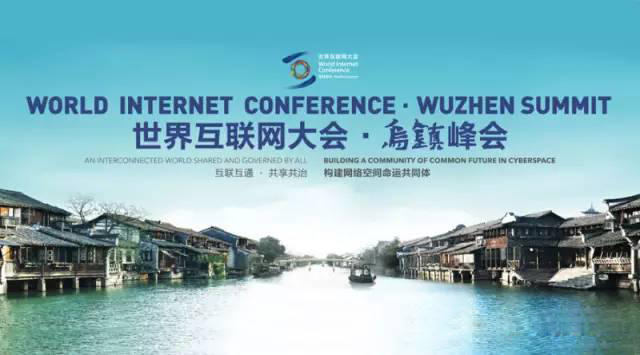


San Francisco, Dec. 15, (People's Daily Online) --From America's Silicon Valley, to India's Bangalore, to Israel's Tel Aviv, and then now to China's Zhongguancun, centers of technology innovation move from one country to another, witnessing all the changes reshaping the world.
For China, the change started in 1994, when the Internet was introduced in China, as the inevitable consequence of and supporting tool for the "socialist market economy". With the Internet availability increasing, it has become a common communication platform and tool for trading information.
After 21 years development, the Internet now has been part of people's life with 668 million users in China, representing nearly 22% of total in the world. And China has more users than the next three countries combined (United States, India and Japan).
It's not hard to understand that more than 2000 people around the world, including political leaders and business executives from top technology firms gather in the water town of Wuzhen, "Venice of the East" in China for today and the next two days to discuss cybersecurity, China’s technological future, and global Internet governance.
Chen Guanmin, president of technology committee with the Chinese Enterprise Association in Northern California, believes that China is the most active place in internet developing except the United States. The World Internet Conference held in Wuzhen signifies China's power and leadership in internet development.
China’s mobile internet users reached 594 million as of September of 2015, according to China’s Ministry of Industry and Information Technology. At least one generation was born and brought up in this mobile internet era, in which traditional ways of life are almost disrupted and new business models as well as behaviors are fostered. However, similar situation never happened in a sophisticated market in America or other western countries.
Supporting by cloud computing and big data, the mobile internet has made China "a country on fingertips". These changes also promote homegrown innovation and entrepreneurship. Startups and small businesses redefine China's market.
This trend devours old businesses and forces them to upgrade or change.
"Internet infrastructure doesn't match new development. This is a problem facing many big companies," said Chen, for instance, in the telecommunication industry, the price and flexibility of the product lag far behind the current development. Due to the stiff system and insufficient management, the industry doesn't have the motivation to change. But now, driven by the "Internet Plus" policy, big companies have to change. "Policy is very important," He said.
Kui, an engineer at Google's headquarter in Mountain View, California, thinks that China has adapted its role from a copycat to an innovator. Even the early successful "mirror giants" like Baidu and Tencent now have their own innovations after years of localization.
Although China is a natural huge market for internet companies, more and more Chinese Internet companies explore international opportunities by setting up incubators and research centers. China's Baidu, Alibaba, Tencent, Suning and Huawei all have established research centers in Silicon Valley.
"Even more and more Chinese Internet companies spread their antennae to the venture capital area in Silicon Valley. They invest in companies and even gain some startups with cash," said Roy Kong, founder of SVC Angel in Silicon Valley.
Steve Wang, Chief evangelist at Mixtile, noted that high market value of China's BAT (Baidu, Alibaba and Tencent) always reminds companies in Silicon Valley of the Chinese market.
That's why when asking about their expectations on the World Internet Conference, most of them yearn for openness and frequent interactions with Chinese companies.
 Are these the world’s scariest landing strips?
Are these the world’s scariest landing strips? In pics: Left behind children in China
In pics: Left behind children in China Eight modern day engineering marvels of China
Eight modern day engineering marvels of China Chinese beauty with sexiest bottom
Chinese beauty with sexiest bottom Charming female bodybuilders of Chengdu University
Charming female bodybuilders of Chengdu University Polish sports stars strip off for risqué calendar
Polish sports stars strip off for risqué calendar Spectacular aerial photos of the Three Gorges
Spectacular aerial photos of the Three Gorges Contestants of Mrs. Globe pose for photo in Shenzhen
Contestants of Mrs. Globe pose for photo in Shenzhen
 Bikini models attend hot pot banquet in Hefei
Bikini models attend hot pot banquet in Hefei Top 20 hottest women in the world in 2014
Top 20 hottest women in the world in 2014 Top 10 hardest languages to learn
Top 10 hardest languages to learn 10 Chinese female stars with most beautiful faces
10 Chinese female stars with most beautiful faces China’s Top 10 Unique Bridges, Highways and Roads
China’s Top 10 Unique Bridges, Highways and RoadsDay|Week